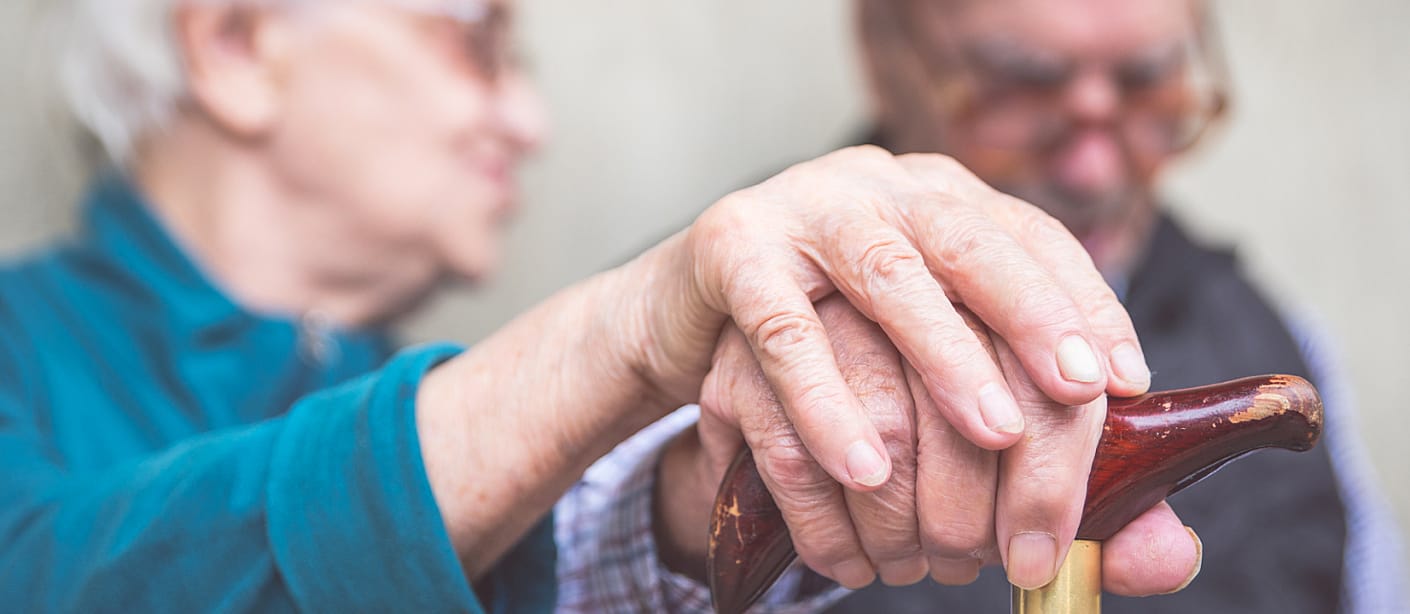Get a Grip on Sarcopenia and Aging
- Sub Heading
-
Hand grip strength is a simple way to assess muscle loss in older adults.
- Main Image
-

- Duration
-
APR. 25, 2018 3 MIN. READ - Description
-
We've all battled with a jar lid that just won't budge. Maybe we tried banging it on the counter or holding it under hot water, and if all else failed, we probably asked someone for help. When they opened it on the first try, we joked that we loosened it for them.
Over the years, it might start to feel like these stubborn lids are getting stronger — and more common — but for many people, the problem is that their hands and bodies are simply getting weaker.


